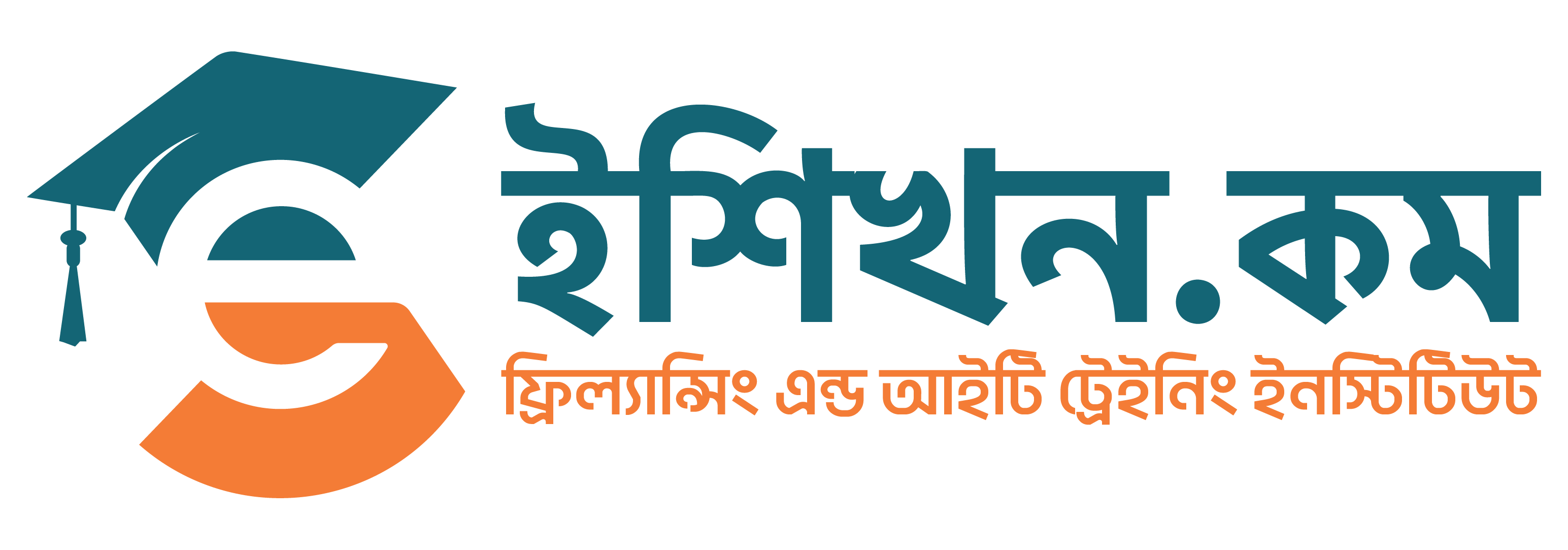বিসিএস প্রিলিমিনারি ইংরেজি Modal Auxiliaries
Modals Auxiliaries
যে সমস্ত Auxiliary বা helping verb, principle verb এর পূর্বে বসে কোন সামর্থ, সম্ভাবনা, অনুমতি, প্রস্তাব, ঔচিত্য ইত্যাদি বুঝায় সে verb গুলোকে Auxiliary Modals বা সংক্ষেপে Modals বলা হয়।
এই Modal গুলো হলো :
Will,would,shall,should,Can,could,May,might,must,mustn’t,am to,is to,are to,was to,were to,going to,have to,has to,dare to,need to,would better,would rather,used to,had to,had better
May
May is most commonly used to express possibility. It can also be used to give or request permission, although this usage is becoming less common.
Examples:
Cheryl may be at home, or perhaps at work. possibility
Johnny, you may leave the table when you have finished your dinner. give permission
May I use your bathroom? request permission
May – এর ব্যবহার :
সম্ভাবনা
It may rain tomorrow (কাল বৃষ্টি হতে পারে)
He may be at office now (সে এখন অফিসে থাকতে পারে)
Permission অনুমতি). in the present
May I come in? (আমি কি ভেতরে আসতে পারি ?)
You may speak now (তুমি এখন বলতে পার)
Offer প্রস্তাব
May I help you? (আমি কি আপনাকে সাহায্য করতে পারি ?)
Might
Might is most commonly used to express possibility. It is also often used in conditional sentences. English speakers can also use “might” to make suggestions or requests, although this is less common in American English.
Examples:
Your purse might be in the living room. possibility
If I didn’t have to work, I might go with you. conditional
You might visit the botanical gardens during your visit. suggestion
Might I borrow your pen? Request
Might – এর ব্যবহার :
(সম্ভাবনা) (less possible than may)
It might rain tomorrow (কাল বৃষ্টি হতেও পারে)
He might go to Sylhet (সে সিলেট যেতেও পারে)
Hesitant offer প্রস্তাব
Might I help you? (আমি কি আপনাকে সাহায্য করব ?)
এই লেকচারের পরের পেইজে যেতে নিচের ![]() …. তে ক্লিক কর।
…. তে ক্লিক কর।
